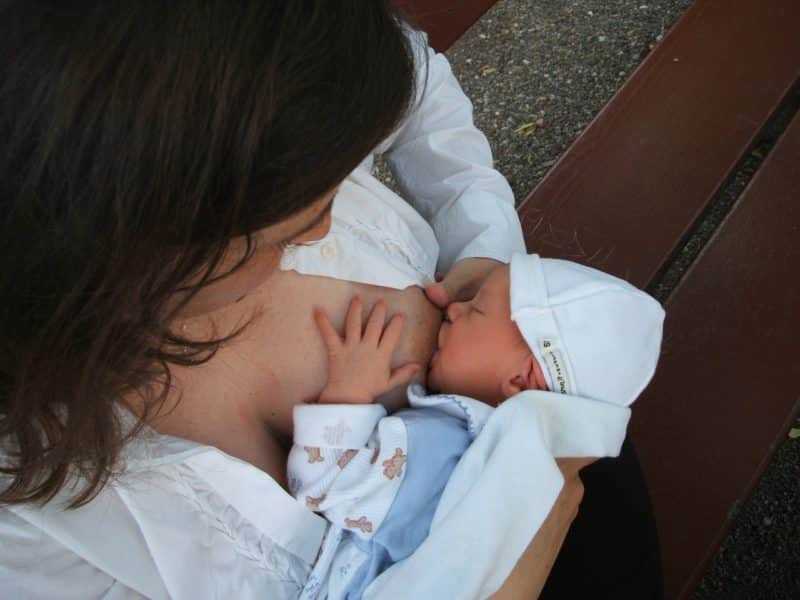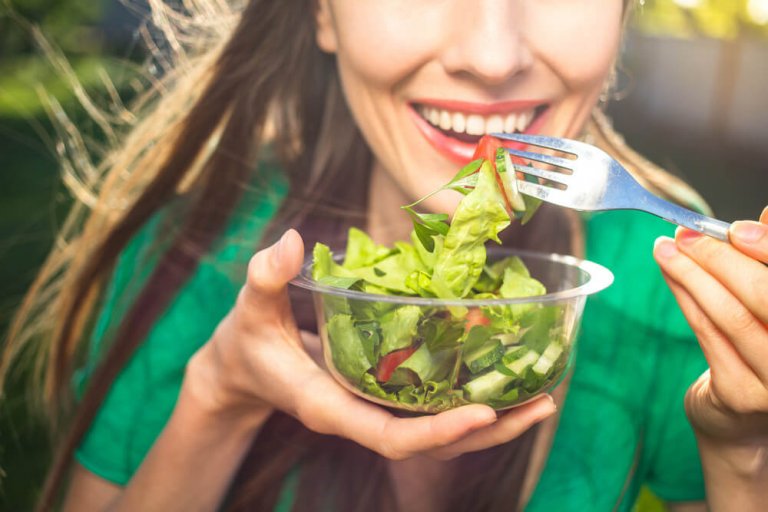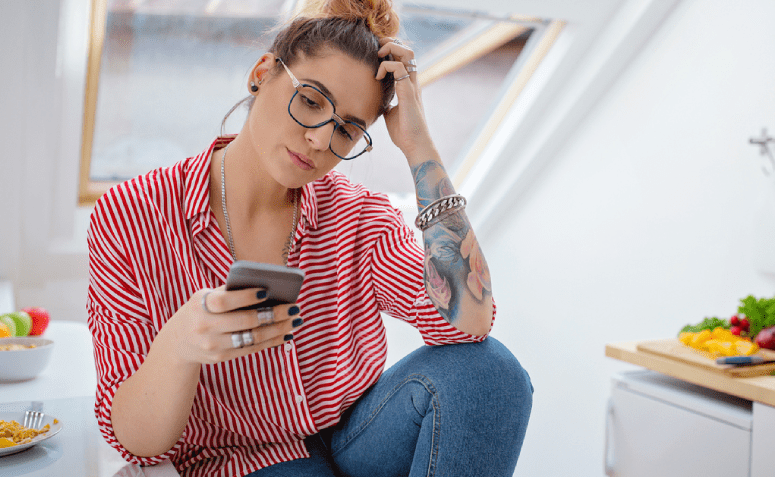o que nao pode comer quem esta amamentando O que não pode comer quem tem problemas de rins
Have you ever wondered what foods you should avoid if you have kidney problems? Well, let me share some valuable information with you. But before I begin, let me clarify that I am not a doctor, so you should always consult a healthcare professional for personalized advice.
What not to eat when you have kidney problems
When you experience kidney issues, it’s crucial to be mindful of your diet because certain foods can further damage your kidneys. Here are a few items you should consider avoiding:
- High sodium foods
 Sodium, commonly found in table salt and processed foods, can be detrimental to your kidneys. Too much sodium can lead to high blood pressure, which is a risk factor for kidney disease. Be aware of foods with hidden salt, such as canned soups, processed meats, and fast food.
Sodium, commonly found in table salt and processed foods, can be detrimental to your kidneys. Too much sodium can lead to high blood pressure, which is a risk factor for kidney disease. Be aware of foods with hidden salt, such as canned soups, processed meats, and fast food.
- Foods high in phosphorus
 Phosphorus is a mineral found in many foods, and when your kidneys are not functioning properly, it can build up in your blood. Avoid or limit foods such as dairy products, nuts, beans, and whole grains that are high in phosphorus.
Phosphorus is a mineral found in many foods, and when your kidneys are not functioning properly, it can build up in your blood. Avoid or limit foods such as dairy products, nuts, beans, and whole grains that are high in phosphorus.
While it’s important to be cautious with your diet, you don’t have to give up all your favorite foods entirely. Moderation and making smart choices can still allow you to enjoy a wide variety of flavors.
Remember, everyone’s dietary requirements are unique, so it’s crucial to work closely with a healthcare professional or a registered dietitian who specializes in kidney health. They will be able to provide you with personalized advice and guidance tailored to your specific needs.
Now that you have some insights into what foods to avoid, it’s important to understand that a balanced diet can also benefit your overall health and help manage kidney problems:
- Stay hydrated
Drinking an adequate amount of water is essential for good kidney health. Water helps remove waste products from your body and keeps your kidneys functioning optimally. Aim for at least eight glasses of water a day, unless your doctor advises otherwise.
- Eat fresh fruits and vegetables
Fruits and vegetables are packed with vitamins, minerals, and fiber. They are low in sodium and can provide you with the necessary nutrients without putting additional strain on your kidneys. Berries, apples, bell peppers, cauliflower, and cabbage are great options.
- Choose lean proteins
Protein is an essential part of any diet, but when you have kidney problems, it’s important to opt for lean sources of protein such as fish, chicken, and tofu. These options are lower in phosphorus and potassium compared to red meats and organ meats.
- Limit your intake of processed foods
Processed foods are often high in sodium, additives, and preservatives. They can increase your blood pressure and further harm your kidneys. Try to cook meals from scratch using fresh ingredients or choose low-sodium options when available.
By making these dietary adjustments, you can play an active role in managing your kidney health. Remember, it’s always best to consult a medical professional to receive personalized advice tailored to your situation.
Take care of your body, and it will take care of you!
If you are searching about Conselhos para comer enquanto você está amamentando seu bebê - Sou Mamãe you’ve came to the right place. We have 5 Pics about Conselhos para comer enquanto você está amamentando seu bebê - Sou Mamãe like O que não comer durante a amamentação?, O que não comer quando faz tatuagem: saiba tudo sobre o assunto and also O que não comer quando faz tatuagem: saiba tudo sobre o assunto. Here you go:
Conselhos Para Comer Enquanto Você Está Amamentando Seu Bebê - Sou Mamãe
 soumamae.com.brO Que Não Comer Durante A Amamentação?
soumamae.com.brO Que Não Comer Durante A Amamentação?
 www.vidaativa.ptO Que Não Pode Comer Quem Tem Problemas De Rins
www.vidaativa.ptO Que Não Pode Comer Quem Tem Problemas De Rins
 br.pinterest.comChá Para Emagrecer Amamentando | 08 Receitas Para 2021
br.pinterest.comChá Para Emagrecer Amamentando | 08 Receitas Para 2021
 dietaseplanosdetox.com.brO Que Não Comer Quando Faz Tatuagem: Saiba Tudo Sobre O Assunto
dietaseplanosdetox.com.brO Que Não Comer Quando Faz Tatuagem: Saiba Tudo Sobre O Assunto
 www.dicasdemulher.com.brConselhos para comer enquanto você está amamentando seu bebê. Chá para emagrecer amamentando. O que não comer durante a amamentação?
www.dicasdemulher.com.brConselhos para comer enquanto você está amamentando seu bebê. Chá para emagrecer amamentando. O que não comer durante a amamentação?